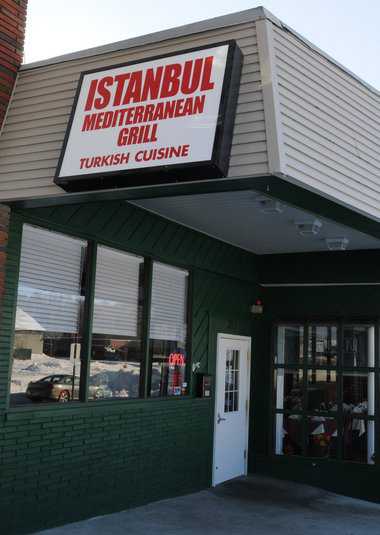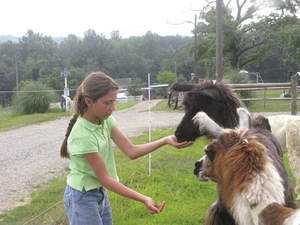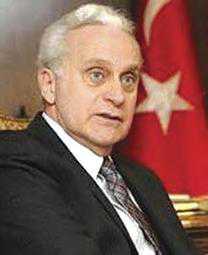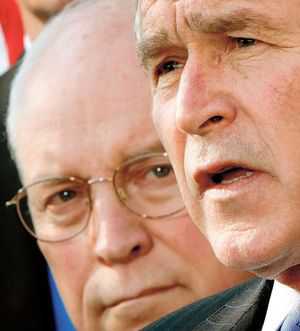Turkey expects an investment of €40 billion in renewable energy sector by 2020 – located at the crossroads of Europe, Asia and the Middle East, Turkey has ventured on a major renewable energy and energy efficiency programme, Zaman reported.
Turkey’s aim is to increase its clean-energy share to 30% of its power supply by 2023, the 100th anniversary of the Turkish Republic. Seeing the economic growth of Turkey, the US Embassy there said that a growth of 8.9% in 2010 and 11% in the first quarter of 2011, has caused a sharp increase in energy demand. Several US firms will see business-development opportunities in solar, wind, geothermal, hydro and all elements of energy efficiency – around 6-8% annual growth in energy demand by 2020 is expected, with an addition of 50,000MW predicted for the grid. Public and private-sector investment will fund many of these projects, under the supervision of US companies.
The high energy costs in Turkey, combined with the need to lower production costs to remain competitive internationally have made Turkish firms hunger for US equipment and technology in both renewable energy and energy efficiency. The US Commercial Service at the US Embassy in Turkey receives five to seven inquiries per month for potential US suppliers of renewable energy and energy efficiency equipment, services and technology.
In addition, US exporters can offer trade finance to their Turkish importers and US EximBank and the European Bank for Reconstruction and Development offer attractive terms to fund sales of American equipment. Recently, the US giant AES acquired a near 50% share in AES-Entek Electric Company, a joint venture with Koc Group, which focus on existing and new generation opportunities, including renewables. GE also recently announced a 530MW project, with the Turkish MetCap Energy Investments in Karaman, Turkey. The project will feature a 22MW GE wind farm, a 50MW eSolar “power tower” solar thermal system and GE’s new FlexEfficiency turbine technology.
Last year, US firm Clipper Wind opened a representative office in Istanbul. The US Department of Energy, in partnership with GE Ecoimagination, Shaw Group and Johnson Controls will develop a pilot project in energy efficiency using US technology. The US firms have significant business opportunities in Turkey in sectors such as wind turbines, geothermal exploration, drilling and geophysical engineering services, geothermal power plant equipment, biomass power generation, waste-to-energy systems and solutions, hydroelectric power plant equipment supply, solar power generation systems microturbines, cogeneration systems, coal gasification, coal-bed methane systems and solutions, energy efficiency systems and solutions and fuel cells and heat pumps.
via US companies see business opportunities in Turkey – New Europe.






